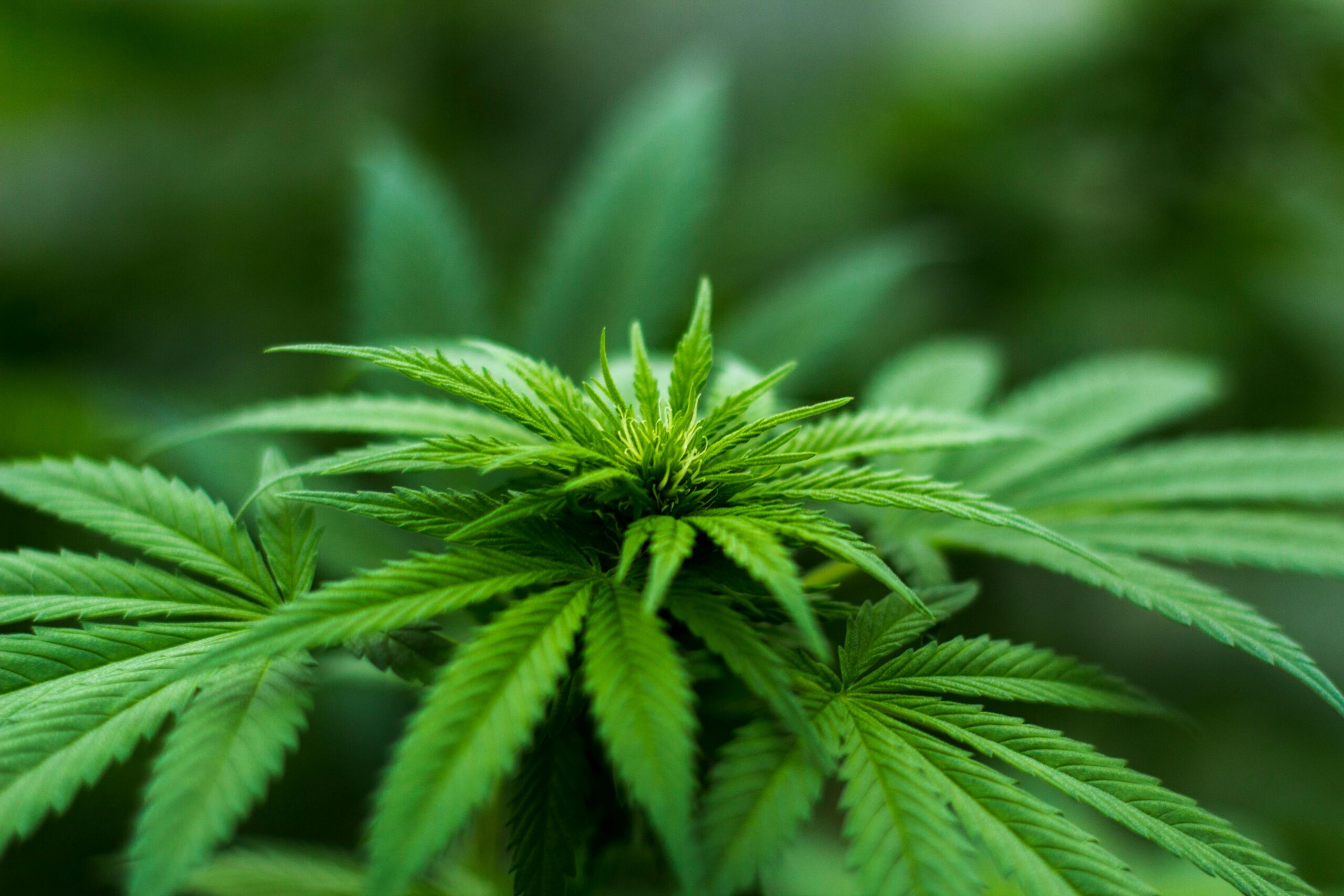Delta 9 vs THC: What’s the Difference?
As cannabis continues to gain acceptance and legalization across various states, the terminology surrounding its compounds can be confusing. One of the most common questions people ask is: what’s the difference between Delta 9 and THC? Understanding these terms is crucial for consumers seeking the right product for their needs. In this article, we’ll explore the distinctions, effects, legality, and potential benefits of Delta 9 THC versus other forms of THC.
Understanding THC
THC, or tetrahydrocannabinol, is the primary psychoactive compound found in cannabis. It is responsible for the ‘high’ associated with marijuana use. However, THC isn’t a singular compound; rather, it exists in multiple forms, including Delta 8, Delta 9, and Delta 10. Among these, Delta 9 THC is the most well-known and widely studied.
What is Delta 9 THC?
Delta 9 THC is the most potent and prevalent form of THC found in cannabis. It binds to the CB1 receptors in the brain, leading to effects such as euphoria, altered perception, and relaxation. According to research published in the Journal of Clinical Pharmacology (2020), Delta 9 THC has been shown to have therapeutic applications, including pain relief, appetite stimulation, and nausea reduction. Source
How is Delta 9 Different from Other Forms of THC?
- Chemical Structure
- Delta 9 THC has a double bond on the ninth carbon chain, whereas other THC variants, such as Delta 8 and Delta 10, have their double bond in different positions, which affects how they interact with the body’s endocannabinoid system.
- Potency and Effects
- Delta 9 THC is generally more potent than other THC isomers. Studies from the National Institute on Drug Abuse (NIDA) indicate that Delta 9 THC produces stronger psychoactive effects compared to Delta 8 THC, which is considered milder and less intoxicating. Source
- Legality
- Delta 9 THC remains federally illegal in the United States, except in states where cannabis is legalized for medicinal or recreational use. On the other hand, Delta 8 THC is often derived from hemp and falls into a legal gray area under the 2018 Farm Bill, which legalized hemp-derived cannabinoids containing less than 0.3% Delta 9 THC. Source
- Medical Applications
- Delta 9 THC is widely used for medicinal purposes, with FDA-approved drugs such as dronabinol prescribed for cancer patients to alleviate nausea and stimulate appetite. Delta 8, while offering similar benefits, has less clinical validation. Source
Potential Benefits and Risks
Benefits:
- Pain Management: Delta 9 THC has been studied extensively for its analgesic properties.
- Anxiety Relief: In low doses, it may help reduce anxiety, though higher doses can exacerbate symptoms.
- Neuroprotection: Some research suggests potential neuroprotective properties for conditions like Alzheimer’s disease.
Risks:
- Cognitive Impairment: Long-term use can affect memory and cognitive function.
- Dependency Risk: Chronic use may lead to tolerance and dependence.
- Legal Consequences: Purchasing or using Delta 9 THC in states where it is not legal can result in legal repercussions.
——
While both Delta 9 THC and other THC variants offer unique effects and potential health benefits, it’s important to recognize the risks associated with their use. Abusing either substance can lead to serious health consequences, including dependency and cognitive impairment. If you or someone you know is struggling with substance use, seeking professional help is crucial. Bliss Recovery offers expert guidance and personalized treatment plans to help individuals overcome substance abuse and regain control of their lives.
For more information or to get help, reach out to Bliss Recovery today. Their dedicated team is ready to support you on your journey to recovery.

